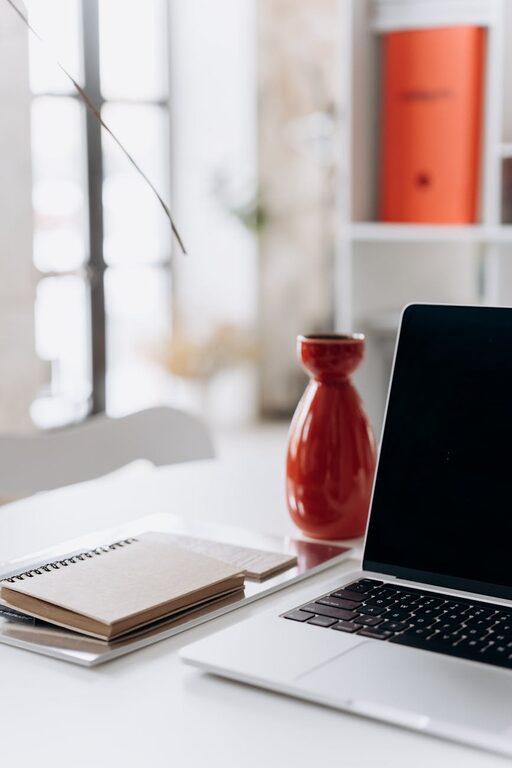Creating a relaxing home workspace is essential for staying productive and maintaining well-being, especially as many people continue to work remotely. A calm and comfortable environment not only helps improve concentration but also reduces stress and enhances overall job satisfaction. In this post, we’ll explore practical steps to design a home office that promotes relaxation and productivity.
Why a Relaxing Workspace Matters
Before diving into the setup tips, it’s helpful to understand why a relaxing workspace makes a difference. Working from home often blurs the lines between personal life and professional duties. Without a dedicated, calming space, distractions and stress can easily take over.
A thoughtfully designed workspace:
– Encourages focus and motivation
– Reduces mental fatigue
– Enhances creativity and problem-solving
– Supports better posture and physical health
Choosing the Right Location
Find a Quiet, Low-Traffic Spot
The location of your home office plays a big role in how relaxed you feel. Ideally, pick a space that’s away from daily distractions like televisions, kitchen noise, or busy hallways. This helps create a boundary between “work mode” and “home mode.”
Use Natural Light When Possible
Natural light can boost mood and energy levels. Position your desk near a window to enjoy daylight, but avoid glare on your computer screen. If natural light is limited, invest in good-quality artificial lighting that mimics daylight.
Designing Your Workspace for Comfort and Calm
Invest in a Comfortable Chair and Desk
A comfortable chair with good lumbar support helps prevent physical discomfort during long work hours. Adjustable desks that allow standing or sitting can also promote better circulation and reduce stiffness.
Keep Your Desk Clutter-Free
A clean, organized desk contributes to a clear mind. Limit your workspace to essential items: computer, notebook, a pen holder, and maybe a small plant. Use drawers or shelves to store supplies out of sight.
Add Personal Touches That Inspire Relaxation
Decorate with items that make you feel calm and motivated. This could include framed photos, a favorite piece of art, or meaningful quotes. Avoid over-decorating; keep the space visually soothing.
Incorporating Elements That Promote Relaxation
Bring Nature In
Plants add color and life to your workspace and have been shown to reduce stress and improve air quality. Choose easy-to-care-for varieties like succulents or pothos.
Use Calming Colors
Choose colors for your walls or decor that promote tranquility, such as soft blues, greens, or neutral tones. Avoid overly bright or distracting colors that could increase anxiety.
Control Noise Levels
If noise is an issue, consider soundproofing options or use white noise machines and headphones with relaxing music or nature sounds. Silence or gentle background noise helps maintain focus.
Organizing for Efficiency and Peace of Mind
Implement Effective Storage Solutions
Use shelves, filing cabinets, or organizers to keep documents and supplies tidy. Label everything clearly so you can easily find what you need without creating a mess.
Create a Routine for Tidying Up
Spend a few minutes at the end of each day clearing your desk to start the next morning fresh. Regular maintenance prevents clutter from building up.
Maintaining Balance in Your Workspace
Take Regular Breaks
Set timers to remind yourself to stand, stretch, or take short walks. Breaks help prevent burnout and keep your energy levels steady throughout the day.
Practice Mindfulness or Breathing Exercises
Incorporate quick mindfulness sessions or breathing exercises during breaks to reduce stress and reset your focus. Even a few minutes can make a difference.
Tech Tips for a Smooth Workflow
Organize Cables and Chargers
Use cable organizers or clips to keep cords neat and avoid tangled messes. A tidy workspace feels more calming and less chaotic.
Use Ergonomic Accessories
Consider ergonomic keyboards, mousepads, or monitor stands to ensure your setup supports comfort without strain.
Final Thoughts
Creating a relaxing home workspace may take some time, but the benefits for your mental and physical well-being are well worth the effort. By choosing the right location, incorporating calming elements, and maintaining an organized setup, you can enjoy a work environment that motivates and refreshes you each day.
Start small with a few changes and adapt your space to what feels best for you. With a little care and attention, your home office can become a sanctuary of focus and relaxation.

